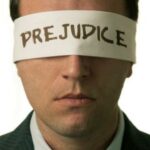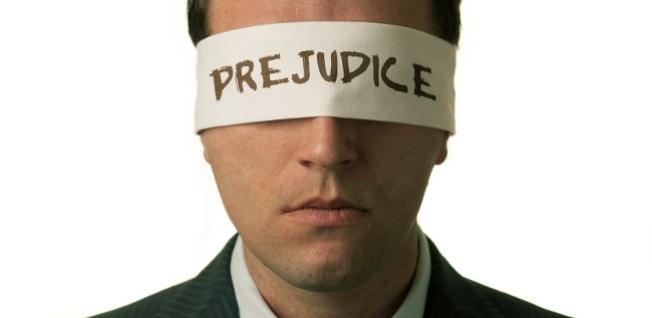“Dogs bark at those they do not know.”
—Samuel Daniel, 17th Century English Poet

Image from Flickr by Toshihiro Gamo
Can you imagine people barking like dogs at people they don’t know?
In many ways, we do just that, except our bark is often silent, much like a dog whistle is to we humans.
This inner bark is often our judgement, criticism, and prejudice, showing that we are rarely open or receptive to another’s point of view, perspectives, or beliefs.
Take a look at the communities within your personal and professional worlds. What, overall, is the cost of the silent and not so silent “barking”?
Peace and a sense of unified community is hard to find, even if all signs point to things being fine on the surface.
EXERCISE:
Where would acknowledging and working on your own judgmental and critical tendencies support your cooperative and collaborative nature with those you’ve barked at in the past?






